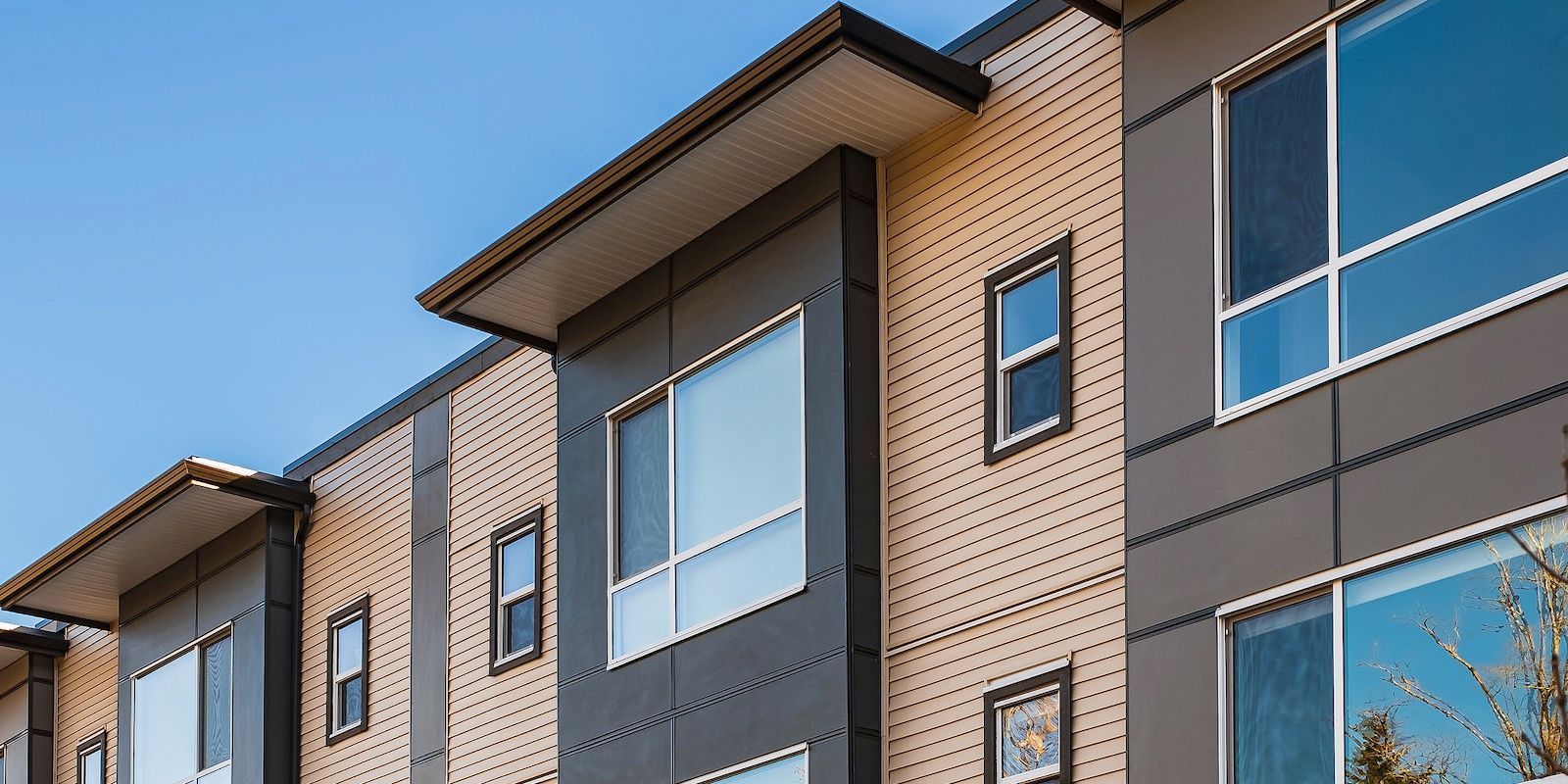10 Tested, Proven Ways to Become Less Productive
Let’s face it : while there is an abundance of articles on how to become more productive, there aren’t a lot on becoming less productive.
With that in mind, I decided to put this article together. While it’s helpful to focus on how to get more done every day, it can also be helpful to consider what may be holding you back.
Here are 10 surefire ways to become less productive every day.
Spend more time planning than doing
Some planning is essential. It’s pretty difficult to become more productive when you don’t step back to consider what you need to become more productive at doing. But past a certain point, the return on planning what you’re going to do with your time diminishes, and your productivity begins to suffer. Every minute you spend planning what to work on is one minute you don’t actually do work.
Multitask
It’s difficult to overstate this point: Multitasking is one of the absolute worst things you can do for your productivity. The fewer things you give your attention to in the moment, the more productive you become. If you want to become less productive, multitasking is a no-brainer.
Work on autopilot
When you try to do too much at once, or you don’t plan your time well, you work on autopilot. This prevents you from working intentionally on what’s important. If you want to become less productive, don’t do any planning when you notice that you’re working on autopilot. Instead…
Work faster
Working slower is for suckers. It gives you more space to think about your work, and to work smarter. If you want to become less productive, work as fast as possible—while multitasking, if you have the flexibility!
Take fewer breaks
Breaks—whether throughout the day, or a longer vacation—let you recharge. They allow your mind to wander so you can come up with better ideas and approach your work with more creativity. When you don’t step back from your work, your mind will take breaks for you. Needless to say, if you want to accomplish less each day, take as few of them as possible.
Pack your schedule
To the gills, if you can. If you want to become less productive, it’s crucial that you leave as little breathing room as possible for emergencies that may come up throughout the day. You don’t want any time to dive into the bigger projects you’re working on either. Make sure you agree to as many meetings as possible, and start a few of your own to “touch base” on all of the projects you’re working on!
Forget working out
Physical activity helps us destress, which is especially important today, when we face more stressors in our daily lives than ever before. When we don’t get enough physical activity, we are more likely to feel fatigued and burnt out. To become less productive, get as little physical activity as possible. And the instant you feel fatigued, don’t forget to load up on caffeine!
Get fewer than 8 hours of sleep
Sleep affects our mental performance in pretty much every measurable way. When we get less than 7.5 hours of it, our energy, focus, and productivity suffer. Sleep is one of the best ways to exchange your time for energy, which is precisely why you should get less than 8 hours of it if you want to become less productive.
Forget about nutrition
Energy is the fuel that we burn over the course of the day to get stuff done. Not putting proper fuel into our body can shatter our energy and productivity. Processed foods that are ultra-high in sugar, salt, and fat can cause our energy and productivity to rollercoaster over the course of the day. But they’re also delicious, so don’t be afraid to crush a big bag of syrup-smothered waffles before work in the morning.
Cut yourself off from as many people as possible
Social interaction is also for suckers. Sure, it has been shown to make you happier, and more motivated and engaged than pretty much anything else. But you feel less productive while you’re doing it!
If you want to become less productive every day, make sure you give these things a try.
Recent Posts



Contact Me Anytime!
The best way to get ahold of me is to submit through the contact form below. However feel free to give me a shout on the phone as well.
Contact Us
We will get back to you as soon as possible.
Please try again later.
Luisa Hough. All Rights Reserved Privacy and Content Notice




